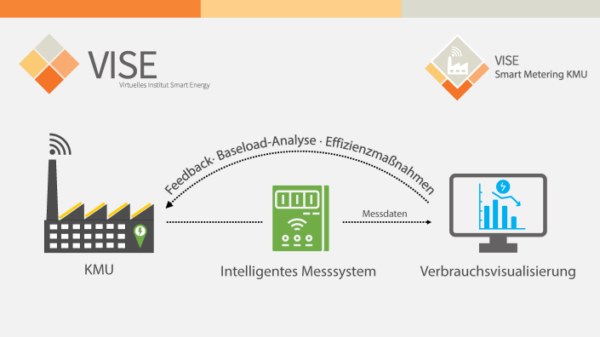Umwelt-/Ressourcenökonomik und Nachhaltigkeit
About us
Professor Dr. Andreas Löschel holds the Chair for Environmental/Resource Economics and Sustainability since September 2021, after Prof. Dr. Helmut Karl retired from this position on 31.07.2021. Prior to this, Prof. Löschel held the Chair of Microeconomics with a Focus on Energy and Resource Economics at the University of Münster. More information under www.loeschel.org
Team
Teaching
Information on:
Our main focus are theses in the areas of energy, climate, behavioral, environmental and ressource economics.
If you are interested in writing your Bachelor or Masters’ thesis with us, please send us the following:
- your transcript of records
- area of interest for your thesis
Additionally, if you are writing your Master’s thesis, indicate:
- if you are considering writing your thesis in English, and
- if you are more interested in an empirical or a theoretical approach.
Please direct your inquires to ceresus-abschlussarbeiten@ruhr-uni-bochum.de.
You can find our guidelines for student theses here.
In case you need certify your participation in classes (e.g. for ERASMUS), contact ceresus-anrechnungen@ruhr-uni-bochum.de.
Direct your requests for letters of recommendations (e.g. for scholarships or applications for Master degree programs) to ceresus-gutachten@ruhr-uni-bochum.de.
Teaching offers
Interested in working for our chair?
Publications
Neitz Regett, A.; Ruprecht, D.; Pichlmaier, S.; Reck, R.; Schmidt-Achert, T.; Ziemsky, V.,; Deutsch, M.; Mann, M.; Ausfelder, F.; Förster, M.; Lemken, D.; Martin, S.; Koppers, M.; Löschel, A.; Biesewig, L; Thiel, Z.; Kahl, H.; Isidoro Losada, A. (2023). Wie kann der Markthochlauf von Wasserstoff beschleunigt werden? Aktuelle Erkenntnisse aus den Reallaboren der Energiewende. München: Forschungsstelle für Energiewirtschaft (FfE) e. V. (Hrsg.)
Xu, Y., & Wang, F. (2022). The health consequence of rising housing prices in China. Journal of Economic Behavior & Organization, 200, 114-137.
Neitz Regett, A.; Ruprecht, D.; Pichlmaier, S.; Reck, R.; Schmidt-Achert, T.; Ziemsky, V.,; Deutsch, M.; Mann, M.; Ausfelder, F.; Förster, M.; Lemken, D.; Martin, S.; Koppers, M.; Löschel, A.; Biesewig, L; Thiel, Z.; Kahl, H.; Isidoro Losada, A. (2023). Wie kann der Markthochlauf von Wasserstoff beschleunigt werden? Aktuelle Erkenntnisse aus den Reallaboren der Energiewende. München: Forschungsstelle für Energiewirtschaft (FfE) e. V. (Hrsg.)
Xu, Y., & Wang, F. (2022). The health consequence of rising housing prices in China. Journal of Economic Behavior & Organization, 200, 114-137.
RUHR-UNIVERSITÄT BOCHUM
Fakultät für Wirtschaftswissenschaft
Lehrstuhl Umwelt-/Ressourcenökonomik und Nachhaltigkeit
Prof. Dr. Andreas Löschel
GD 02/313 Fach 43
Universitätsstraße 150, D-44801 Bochum
Phone:
E-Mail:
The chair belongs to the competence field:






